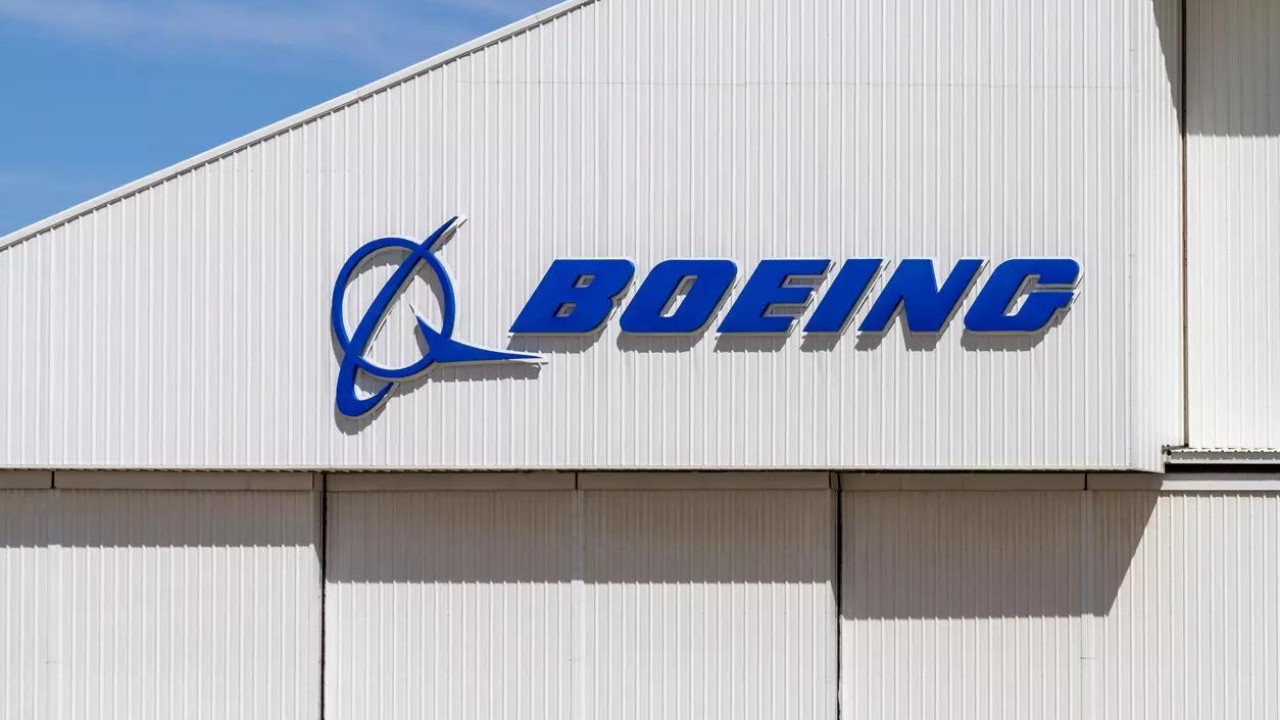Boeing downplays India-US trade friction concerns, stating tariffs won’t impact its commercial or defense business in India. The aerospace giant sees India as a key growth market and emphasizes a “win-win” for both nations through industrial partnerships and localization efforts. Despite trade talks, Boeing anticipates steady aircraft supply for Indian carriers.
Boeing’s India Bet: Tariffs Schmariffs, We’re Still All In
Forget the headlines screaming about trade wars and tariff tensions. At least as far as Boeing is concerned, the India story is still one of blue skies and smooth landings. The aerospace giant is doubling down on its commitment to the Indian market, signaling confidence that its long-term strategy remains unshaken by global economic jitters.
While others might be hitting the brakes, Boeing is pressing the accelerator, driven by India’s burgeoning aviation sector and the government’s ambitious “Make in India” initiative. The company’s top brass recently reiterated their unwavering focus on expanding local manufacturing, sourcing, and engineering capabilities. In short, they’re not just selling planes; they’re building a future, brick by brick, right here.
Why India Remains a Key Market for Boeing
So, what’s fueling this optimism amidst a global landscape of uncertainty? India’s aviation sector is booming, plain and simple. With a rapidly growing middle class eager to travel and a corresponding increase in air traffic, the demand for new aircraft is soaring. Boeing recognizes this potential and views India as a critical growth engine for its future. The company isn’t just looking at the immediate bottom line; it’s playing the long game, investing in the infrastructure and partnerships needed to thrive for decades to come.
Beyond passenger travel, the Indian government’s increased focus on defense modernization presents another significant opportunity for Boeing. The company already has a strong presence in the Indian defense market, and it is actively pursuing new contracts and collaborations. This diversified approach, encompassing both commercial and defense sectors, provides a buffer against fluctuations in any single market segment.

Deepening Roots: Boeing’s “Make in India” Strategy
Boeing’s commitment to India extends far beyond simply selling aircraft. The company is actively investing in developing a robust local ecosystem for aerospace manufacturing and engineering. This includes forging partnerships with Indian companies to produce aircraft components, providing training and skill development programs for Indian engineers and technicians, and establishing research and development centers within the country.
The “Make in India” initiative is at the heart of this strategy. By localizing production and leveraging Indian talent, Boeing aims to reduce costs, improve efficiency, and strengthen its supply chain. This also aligns with the Indian government’s vision of transforming the country into a global manufacturing hub.
This approach is not without its challenges. Navigating the complexities of the Indian regulatory environment and building strong relationships with local partners require patience and persistence. However, Boeing appears to be fully committed to overcoming these hurdles and reaping the long-term benefits of its investment. See how other international companies are navigating similar challenges by [reading our article on foreign investment strategies](internal-link-to-related-content).
Tariffs: A Minor Turbulence?
The elephant in the room, of course, is the impact of global tariff tensions. While acknowledging the potential challenges posed by these trade barriers, Boeing maintains that its India business remains largely unaffected. This is partly due to the fact that many of the components used in its aircraft are sourced locally, mitigating the impact of tariffs on imported goods.
Furthermore, Boeing is actively working with the Indian government and its global partners to find solutions to minimize the impact of tariffs. This proactive approach demonstrates the company’s commitment to navigating the complexities of the global trade landscape and protecting its investments in India. Boeing is choosing to view this as a manageable headwind, not a showstopper.
The Future is Bright for Boeing in India
Ultimately, Boeing’s sustained investment in India is a clear indication of its confidence in the country’s long-term economic prospects and its potential as a major aerospace market. While global economic uncertainties may present challenges in the short term, Boeing is betting that India’s growth story is far from over. By deepening its local roots, fostering partnerships, and embracing the “Make in India” initiative, Boeing is positioning itself for continued success in this dynamic and rapidly evolving market. The future appears bright for Boeing’s trajectory within the Indian landscape, suggesting a lasting and mutually beneficial relationship.







